There has been a skyrocketing demand for web and mobile application development in recent years. It fueled the deliberations among aspiring developers on choosing the right tech stack for building their careers. If you also want to be a stack developer but are clueless about where to start, this blog will lead your way. In this blog, we have covered all the major technology stacks with their relative benefits, skill requirements, job market, & pay scale. It will help you choose your career path and decide whether to be a full-stack developer, MERN Stack developer, or MEAN Stack developer.
What is the concept of Stack?
To commence your app development career, you need to have the fundamental knowledge of stack. Basically, a stack is defined as a combination of technologies, programming languages, or software products. It is mainly classified into two categories, i.e., technology stack and application stack.
- The technology stack is a set of tools to build or run an application. It plays a vital role in web and mobile application development.
- An application stack is a group of software programs that helps complete a certain task.
There are broadly 3 tech stacks leading the software development arena, namely, Full Stack, MERN stack, and MEAN stack. Let’s evaluate the career scope and reasons for learning these stacks.

What is a Full Stack Developer?
Earlier, the developers used to gain expertise in a particular stream such as mobile app development, Database, Frontend, Backend, web app testing, etc. However, there have been a lot of technological changes in recent years, so a developer is expected to work on Frontend, Backend, Database, API, Server, and much more today. It has accentuated the need for full-stack developers.
The reason behind the growing popularity of full-stack developers is their ability to work on both client-side & server-side software. A full-stack developer wears multiple caps and helps companies to save on operational, infrastructure, and personnel costs.
Skills Required to become a Full Stack Developer
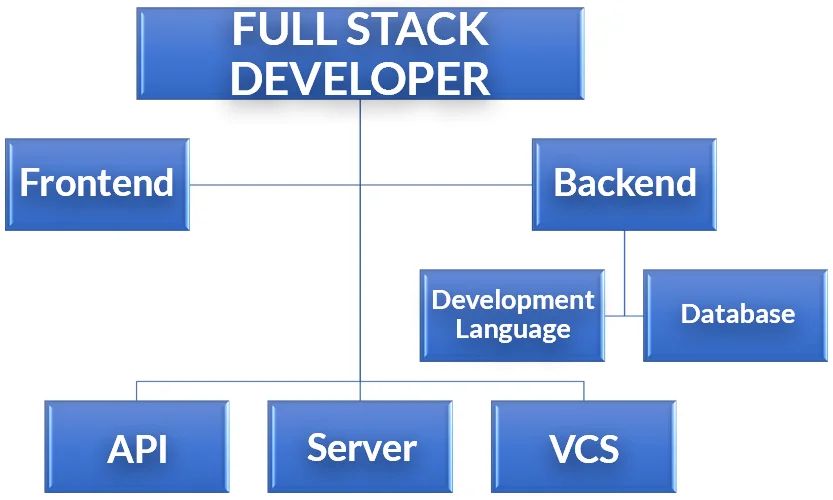
- Development Language– A full-stack developer needs to be well-versed in at least one server-side programming language such as Java, Python, PHP, .Net & Ruby.
- Server– The full-stack developers are responsible for handling Nginx or Apache servers.
- Competent in basic designing– In addition to programming, full-stack developers must have knowledge of basic prototype & UI/UX designing.
- API– Being a full-stack developer, you should be acquainted with Application Programming Interfaces or web services. Brushing up your SOAP and REST skills can be beneficial.
- Database– Anyone striving to be a full-stack developer must be efficient in various DBMS technologies and have hands-on experience in MySQL, Oracle, SQL Server, and MongoDB.
- Frontend Technologies- An adept full-stack developer has to be trained in third-party libraries like Angular, ReactJS & jQuery. Companies seek full-stack web developers to work as an instructor of frontend technologies such as JavaScript, HTML5, and CSS3.
- Java- It is indispensable for a full-stack developer to have a good command of Java, as Java remains the most in-demand programming language in the tech sector. Though one can choose from several other full-stack developers with different technology stacks, such as MEAN, LAMP, or MERN, but 60% of tech businesses prefer Java Full Stack. Thus, the demand for Full Stack Java Developers is quite high.
Career Scope for Full Stack Developers
There is a remarkable scope of job opportunities for full-stack developers. Once you gain the necessary skills, you can readily work across different verticals, ranging from startups to Fortune 500 tech organizations. Recently, Indeed.com reported that the job openings for full-stack web developers stand at the 2nd position as per their scores. Even the U.S Bureau of Labor Statistics has estimated a rise in the employment of full-stack developers from 135,000 to around 853,000 by 2024.
The role of a full-stack web developer is an ideal pick for tech aspirants who are planning to enter the IT industry and land a good job, as many jobs are available for this position. Some of the largest companies in the world, like Google, Amazon, Netflix, Wipro, TCS, and Infosys, hire Full Stack Java Developers.
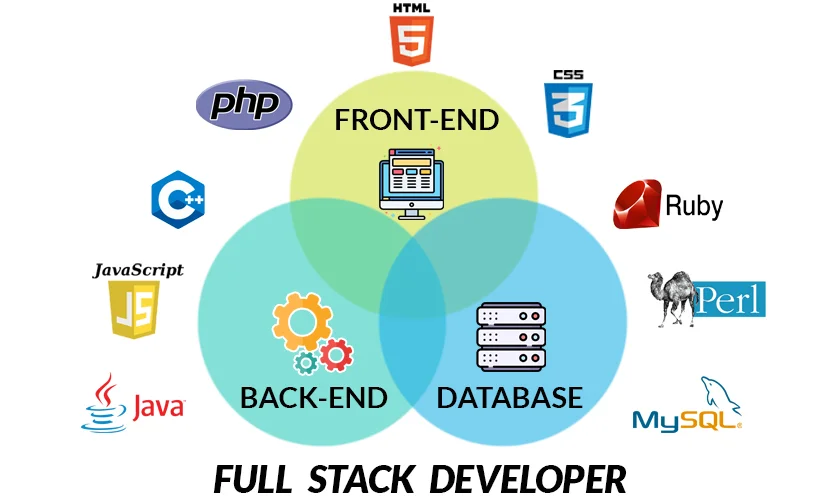
Average Salary of Full Stack Developers
Companies explicitly hire full-stack developers who can create robust applications from scratch and participate in agile development practices. The full-stack developers offer a perfect amalgamation of frontend and backend development skills that are required to create & manage applications.
The diverse nature of full-stack positions compels companies to pay lucrative salaries. The average salary of a full stack developer in the U.S. is about $113, 462 per year, which varies based on the skills & experience. For instance, entry-level developers get a salary package of $58,000 per year, whereas experienced professionals are offered a high annual salary worth $188,253 per year.
The companies willingly pay such high salaries to full-stack developers, enabling them to hire one efficient resource instead of hiring 2-3 average developers. It reduces cost and saves time.
You can also secure a high-paying job in full-stack development with the right skills and solid industry expertise.
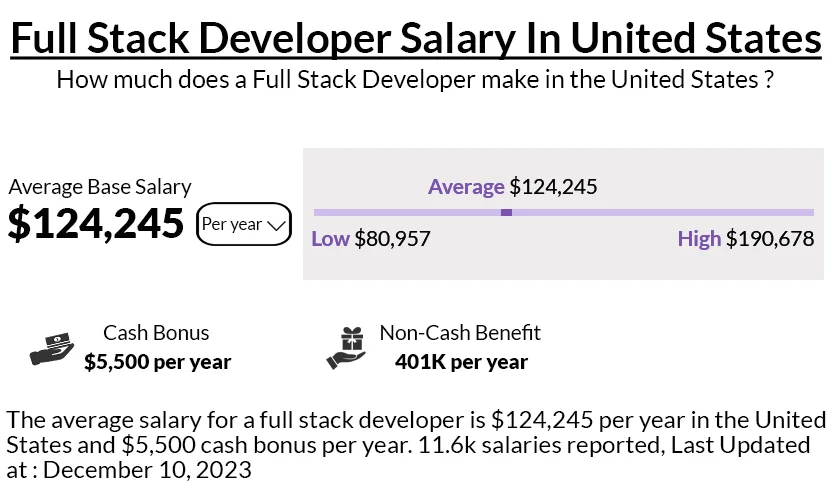
What is MEAN Stack?
MEAN stack is a collection of JavaScript-based technologies to create complex web apps and websites. In simple terms, it is a full-stack J.S. framework that facilitates quicker web application development. MEAN stack reduces the time on system administration and accelerates the deployment of applications, websites, & APIs.
A MEAN stack developer is someone proficient in the technologies of MongoDB, Express.js, Angular.js, & Node.js. Like the full stack developer, a MEAN stack developer is responsible for building both front and backend systems.
The MEAN stack developers also need to perform unit testing, develop new features/modules, coordinate with the web application team on API integrations, and follow agile development methods.
Decoding the Key Components of MEAN Stack
MEAN stack is a combination of 4 JavaScript technologies which are as follows:
- M stands for MongoDB: It handles the database for backend applications to store data as JSON documents.
- E stands for Express.js: A backend framework that runs on top of Node.js and is used to build application APIs.
- A stand for Angular: It is a frontend web framework that runs JS code in the end user’s browser.
- N stands for Node.js: It is J.S. runtime environment for implementing the application backend in JavaScript. It is mainly used to handle server-side requests.
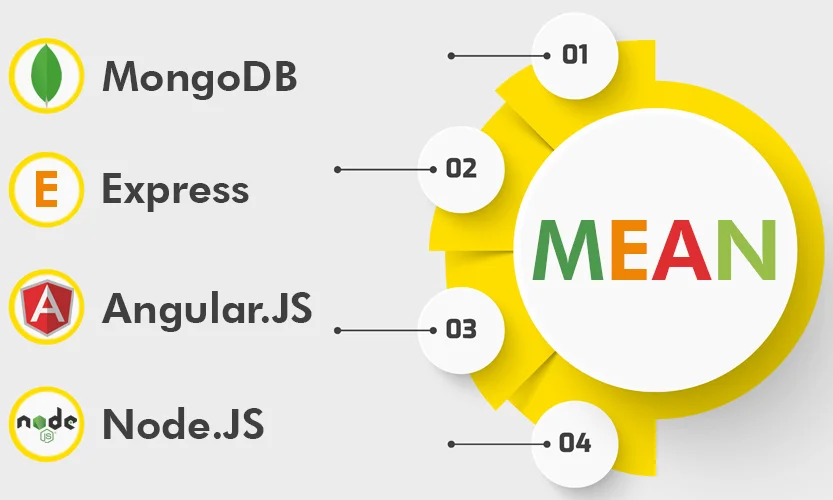
Skills you must acquire to become a MEAN Stack Developer
Below is the list of skills that a MEAN stack developer should have to get a job:
- Ability to develop, test, and deploy highly-responsive products;
- A profound understanding of the frontend and backend processes;
- Comprehensive knowledge of JavaScript;
- Expertise in jQuery, PHP, Symfony, MySQL;
- Hands-on experience in managing Express.js, MongoDB, Angular.js, and Node.js.
- Cloud knowledge with the ability to deploy applications on AWS to debug hosting issues;
- Integrate and refine development environment software and tools as required;
- Maintain & design complex databases.
Annual Average Salary for MEAN Stack Developers
The average salary for MEAN stack developers in the US is $116,000. Their pay scale differs for Entry-level ($50,000), Middle level ($70,000), and Senior positions ($120,000).
What is MERN Stack Development?
Backed by a strong community, MERN is an open-source technology stack. It is a modified version of the MEAN stack and an acronym for MongoDB, Express.js, React.js, and Node.js. MERN is chiefly used to design top-end web applications.
All components of MERN offer end-to-end frameworks for the developers to build dynamic applications. MERN supports MVC architecture which simplifies the whole process. It is a JavaScript stack designed to streamline the development process.
The only factor differentiating the MERN stack from the MEAN stack is that the former uses React while the latter uses angular to create frontend applications. MERN possesses pre-build testing tools that further ease MERN Stack developers’ work.
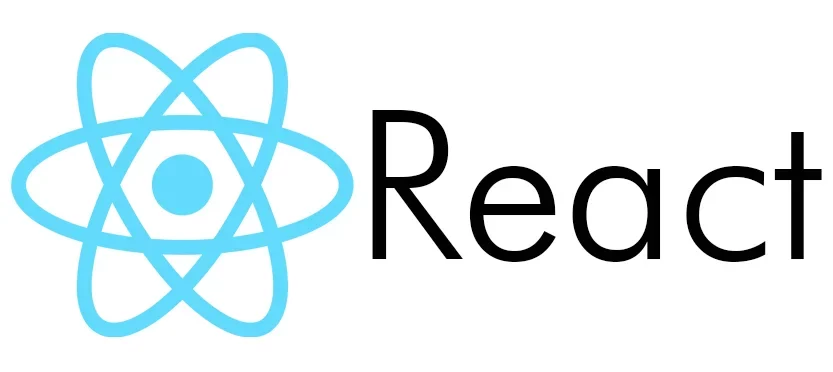
Four Components of the MERN Stack
- MongoDB: Document-oriented database which is flexible and easy to scale.
- Express.js: It makes it easier for developers to write codes.
- React: A frontend JavaScript library helps to create interactive user interfaces.
- Node.js: A cross-platform JavaScript runtime that builds scalable network applications and executes J.S. codes outside a browser.
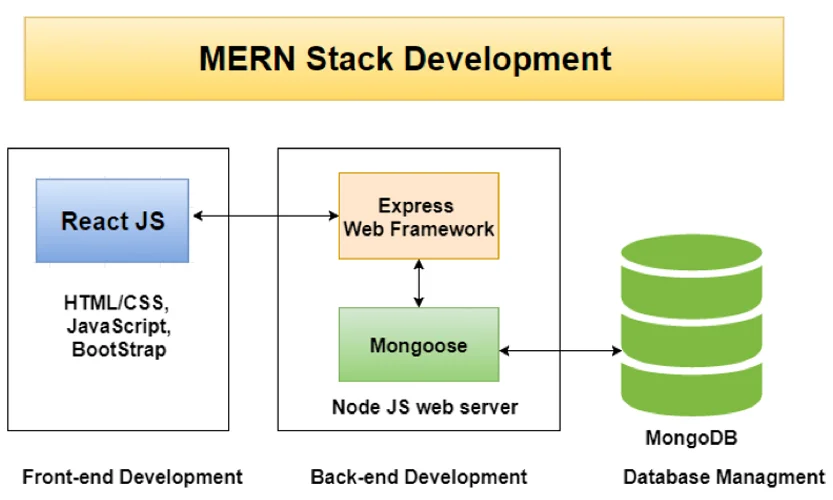
The MERN and MEAN stacks are good options for building high-performance JavaScript applications with all the benefits of a modern web application.
The average MERN Stack Developer salary in the U.S. is $100,000 per year; at the entry-level positions, the developers earn $40,000 per year, while the experienced ones make up to $170,000 per year.
Conclusion
Learning any of these technology stacks can benefit your web development career. When comparing from the financial attribute, full-stack leads the pack. If you want to build a steady tech career, enroll in our Coding BootCamp.
Anytime you want to upgrade your skills and need a helping hand to enter or re-enter the tech workforce with high-demand tech skills, reach out to us. Since 2010 we have helped 1000’s of jobseekers achieve success in the technology sector, making our Candidate Success Outcome the best in the industry. SynergisticIT’s career-oriented training programs guarantee fast-paced, quality tech education, preparing you with top-notch skills for coveted tech roles in the industry. Reach out to us. SynergisticIT- Home of the Best Data Scientists and Software Programmers in the Bay Area!

